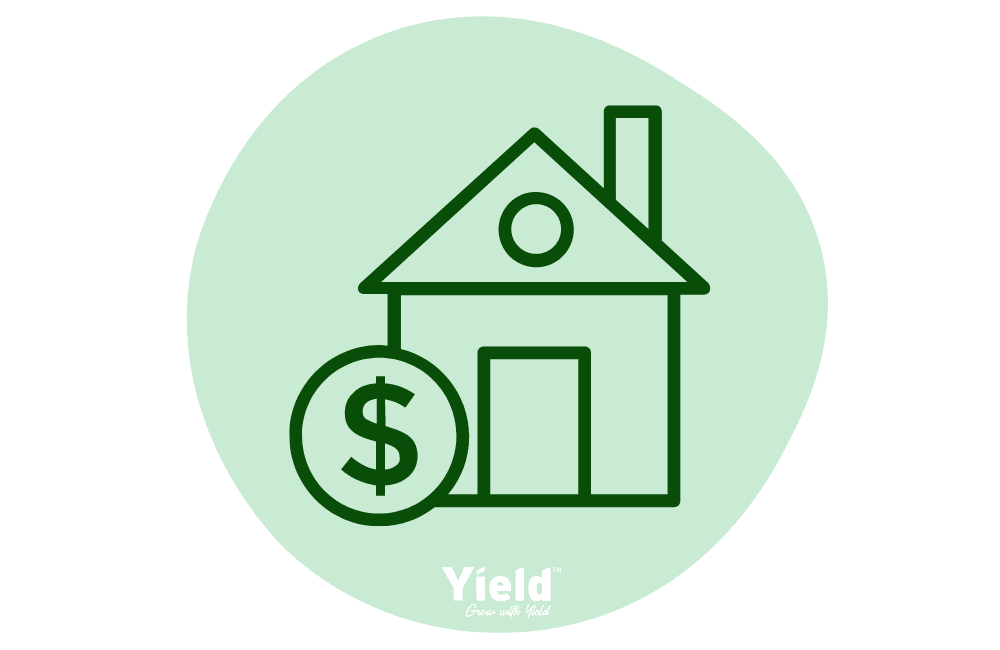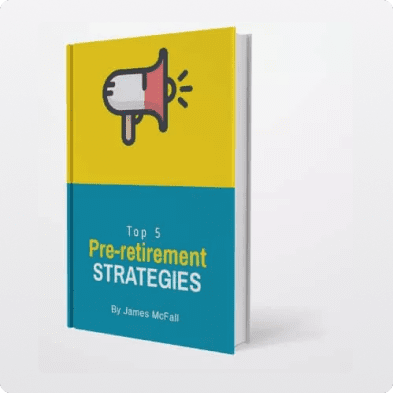In today’s dynamic economic landscape, property investment planning is an integral part of financial strategem for many Australians. Whether you’re a seasoned investor or a first-time buyer, having a well-defined property investment plan will help you maximise returns and achieve long-term financial goals. A financial advisor can help you formulate this plan. In this blog, we will delve into the intricacies of property investment planning, exploring various aspects, such as market analysis, risk assessment, tax considerations, financing options, and more.
This blog is part of our property investment cluster.
Understanding Property Investment Planning:
Before you dive deep into the intricacies of property investment planning, it is vitally important to grasp the fundamental concept. Property investment planning is the creation of a strategic roadmap that harmonises your specific financial objectives, risk tolerance, and investment timeline. A financial planner that specialises in property planning, can help you establish well-defined investment goals and identify suitable avenues for investment, laying the foundation for long-term prosperity. Being thoughtful about your property investment plan will enable you to craft a personalised blueprint for success in your property strategy.
Because property investment planning is broad, you need to think through what is relevant before finalising your strategy, and in this blog we talk through some of the important considerations.
Market Analysis: The Foundation of Property Investment Planning:
When laying the foundation for your property investment strategy, you should first consider the economic factors influencing the property market, both macro and micro; and then do your research on the part of the property market you have decided to focus on.
Macro and Micro Economic Factors:
- National and Regional Market Trends: Analysing national and regional economic indicators, such as GDP growth, interest rates, and unemployment rates, can provide insights into the overall health of the property market. Property will ultimately grow when there is more demand than supply, and favourable economic conditions are a precursor to demand.
- Population Growth and Demographics: Understanding population trends, migration patterns, and demographic shifts helps identify areas with potential demand for property investment.
- Employment and Income Data: Assessing employment rates, job opportunities, and income levels in different regions can indicate the economic viability of property investments.
Property Market Research:
- Location Analysis: Evaluating various factors, such as proximity to amenities, transportation infrastructure, schools, and employment hubs, helps determine the desirability and potential growth of a particular location.
- Property Types and Demand: Studying the demand and supply dynamics of different property types, such as residential, commercial, or industrial, enables investors to identify lucrative investment opportunities.
- Rental Yield and Capital Growth Potential: Analysing historical rental yields and property price growth rates assists in gauging the potential returns on investment.
Risk Assessment and Management:
Risk management is essential for all consistently successful investing, and this is especially true for property investment planning. Property can be a great investment; however, it is very expensive to get in and out of and there is a more significant risk of opportunity cost affecting your return. To be successful is vital that you do all you can to make your investment a good one and as part of your risk assessment you should consider financial risk and legal considerations.
Financial Risk Evaluation:
- Cash Flow Analysis: Thoroughly examining the cash flow potential of an investment property, including rental income and expenses, allows for accurate projections of net income.
- Mortgage Stress Testing: Assessing the impact of potential interest rate increases or changes in personal circumstances on mortgage affordability helps investors mitigate financial risks.
- Property Diversification: Spreading investments across different locations and property types reduces the risk associated with a single property and enhances portfolio resilience.
Legal and Regulatory Considerations:
- Property Laws and Regulations: Familiarising yourself with local property laws, planning regulations, and zoning restrictions is crucial to ensure compliance and avoid legal complications.
- Tenancy Laws: Understanding the rights and responsibilities of landlords and tenants helps navigate tenancy agreements and manage rental properties effectively.
- Taxation and Compliance: Staying updated with tax laws and regulations, including capital gains tax (CGT), negative gearing, and deductible expenses, allows investors to optimise their tax positions.
Tax Considerations for Property Investors:
Minimising the tax you pay on your property investment; will help you maximise your investment return and the secret to doing this effectively is tax structuring, considerate of your entire financial position. Tax planning is one way a qualified financial planner can really support your property investment plan and is best done before you invest.
Capital Gains Tax (CGT):
- Exemptions and Concessions: Exploring CGT exemptions, such as the main residence exemption and the 50% discount for assets held longer than 12 months, can minimise tax liabilities.
- Timing of Property Disposal: Strategically planning property sales to take advantage of CGT concessions or offsetting capital losses against gains helps maximise after-tax returns.
Negative Gearing:
- Deductible Expenses: Understanding the expenses eligible for tax deductions, such as loan interest, property management fees, and maintenance costs, can provide significant tax benefits.
- Maximising Tax Benefits: Implementing effective strategies, such as rental property depreciation schedules and pre-payments, can optimise negative gearing advantages.
Financing Options and Strategies:
How you structure your loans and the strategies you put in place to maximise flexibility will be a key determinant of the after-tax return you make on your investment. As such, your property investment planning should be made considerate of tax deductibility benefits including interest rates, tax deductible debt, offset accounts and whether you choose interest only or principal and interest. A suitably qualified mortgage broker in conjunction with your financial planner, will help you choose an appropriate mortgage and help you with your structuring; as well as consider cashflow management.
Mortgage Selection and Comparison:
- Evaluating Fixed vs. Variable Interest Rates: Conducting a careful assessment of the advantages and disadvantages associated with fixed and variable rate mortgages assists in determining the most suitable option based on individual circumstances and expectations regarding interest rates.
- Analysing Loan Terms and Conditions: By comparing various loan features, such as offset accounts, redraw facilities, and repayment flexibility, investors can select a mortgage that aligns seamlessly with their financial objectives.
Cash Flow Management:
- Optimising Rental Income and Expenses: Implementing effective strategies for cash flow management, such as setting competitive rental rates, minimising vacancy periods, and budgeting for property-related costs, ensures positive cash flow and promotes financial stability.
- Establishing Contingency Plans: Creating a contingency fund to cover unforeseen expenses like property maintenance or periods of vacancy safeguards investors from potential financial hardships. Getting the right loan structure is very important for this.
Professional Guidance for Property Investment Planning:
While embarking on property investment planning can be an exciting endeavour, it is prudent to seek professional financial planning guidance to navigate its complexities successfully. Here at Yield, we have a long and proud history helping property investors make more informed property decisions. Our experienced team of advisors are dedicated to assisting you in developing a customised investment strategy tailored specifically to your unique financial goals and circumstances. While being mindful of the many factors which need to be considered before an appropriate investment strategy is determined. Seeking the support of a qualified financial planner can help you navigate this process, freeing up more of your time and alleviating stressors you would otherwise be faced with while taking on the task alone.
How Yield Can Help:
Property investment planning in Australia demands a meticulous examination of numerous aspects, including market analysis, risk assessment, tax implications, financing options, and cash flow management. At Yield Financial Planning, our dedicated advisors are committed to supporting you throughout the process and have literally 1,000’s of property investors make more informed choices. We will work closely with you to develop a comprehensive and property investment plan, considerate of your broader financial objectives, to achieve optimal returns and the accomplishment of your long-term financial objectives. Contact the Yield team today to start your property investment planning journey.
For more property investment planning content, see our recent blogs on the pros and cons of buying an apartment, tax on investment properties or buying an apartment.




















